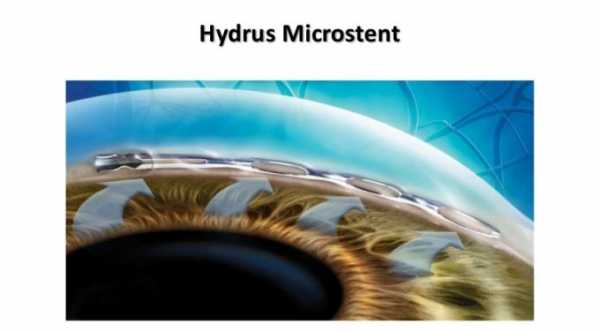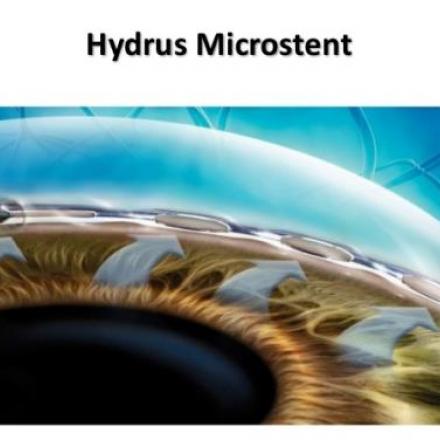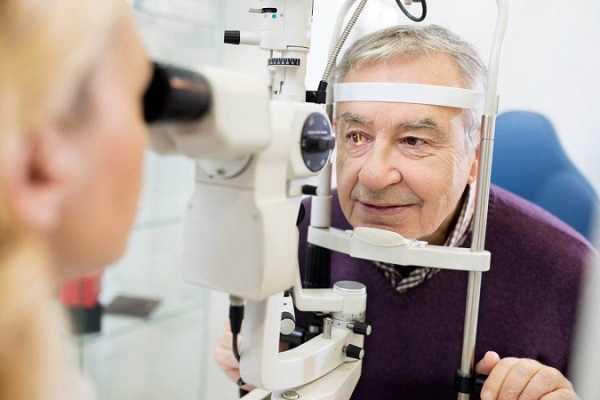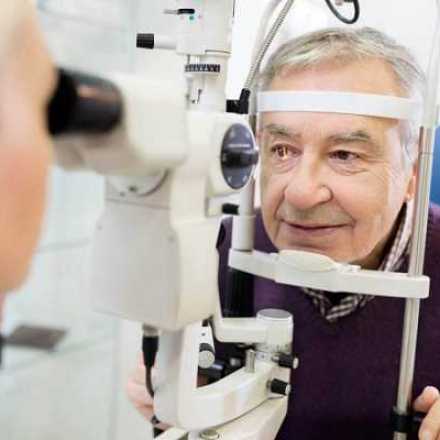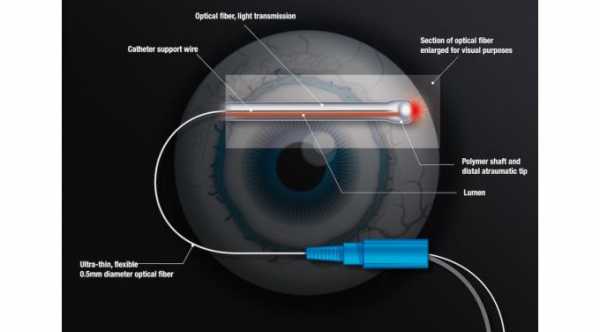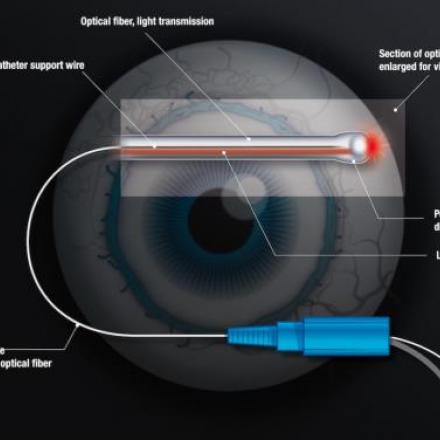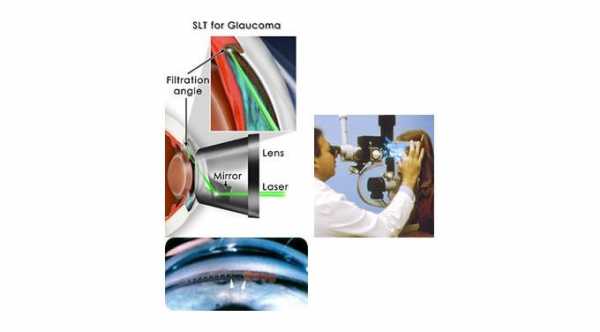
Glaucoma Laser Surgery
Glaucoma laser surgeries are done by many types of laser techniques such as laser iridotomy, laser trabeculoplasty and Cyclo-Cryotherapy.
Laser Trabeculoplasty
This type of glaucoma laser surgery helps to drain fluid through trabecular meshwork. Most of the people who use it can be off eye drops for a long time but they should have regular checkup for their Intraocular pressure.
This type of laser can be performed in your doctor's office with applying of numbing eye drops to your eyes. With the usage of special lens and this laser, there will be formation of burns on the trabecular meshwork which will help to open it and so more fluid to be drained.
This laser has two types either argon laser trabeculoplasty (ALT) or the new one which is called selective laser trabeculoplasty (SLT) in which it will act against certain pigmented cells in the trabecular meshwork and it will not affect the surrounding tissue.
It is more effective and with less complications than ALT laser This type of laser can cause transient inflammation in your eyes which can be treated by using steroid eye drops for few days. This type of laser can be used to treat both eyes in the same session. A week or more apart is required. Read more about Laser Trabeculoplasty
Cyclo-Cryotherapy
In this procedure, the doctor will destroy some part of ciliary body by cryotherapy or by freezing. Ciliary body is the part of the eye that is responsible for the secretion of aqueous humour.
It is located near the cornea in a ring like shape. When we destroy part of it by cryotherapy, the amount of secretion will be decreased, so the intraocular pressure will be low.
This procedure is done under local anesthesia and the patient should come in the next day for follow up to rule out inflammation which usually occurs after this kind of laser.
Patient will start to feel eye pain which can be moderate to severe in intensity after few hours of the procedure, so your doctor might give you pain killers as pills or injections to minimize the pain.



